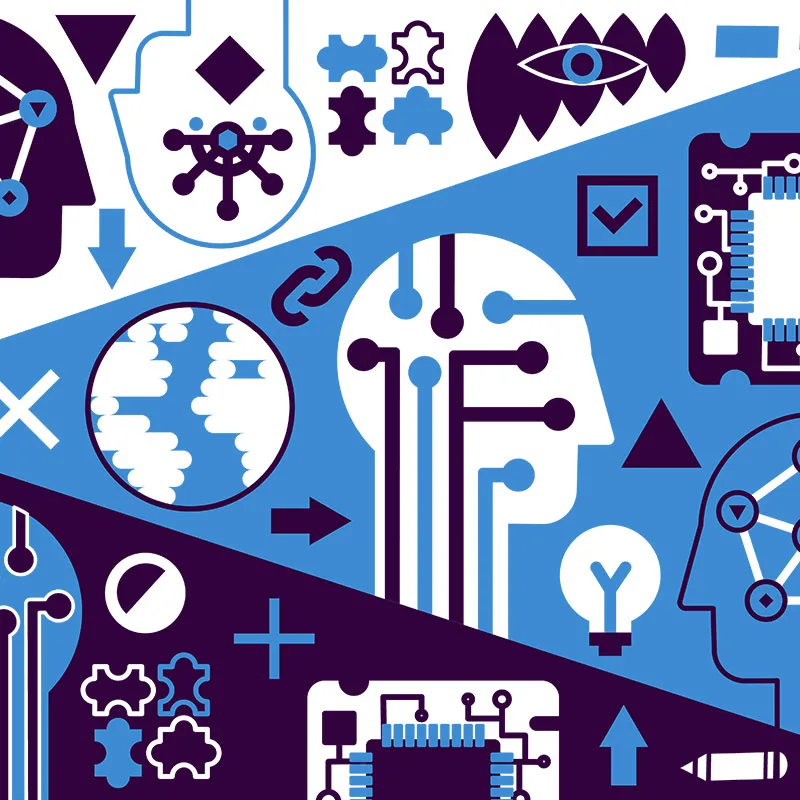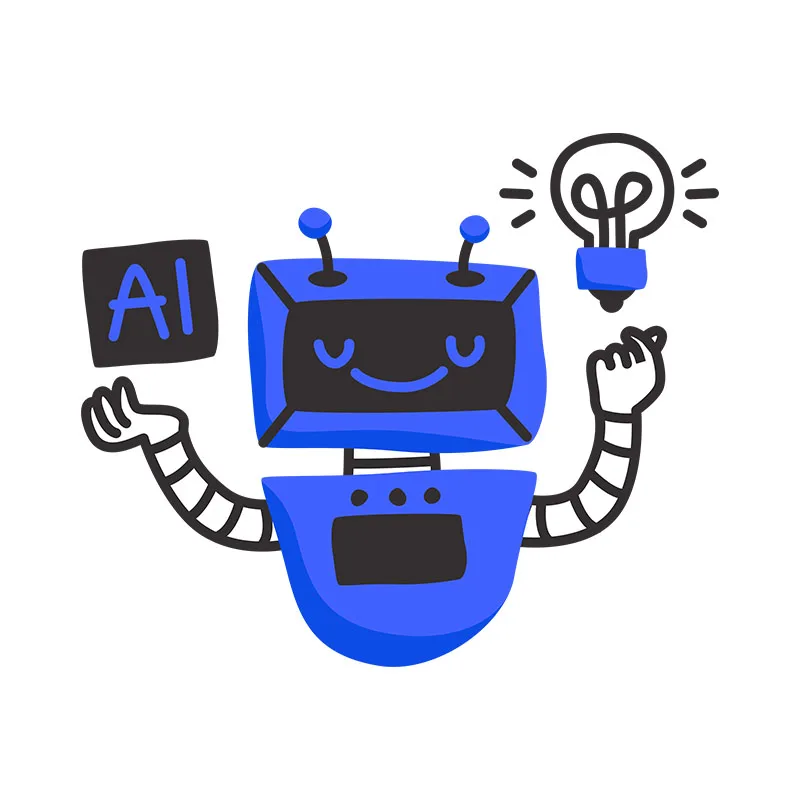Search engines are evolving, and AI is at the forefront of this transformation. Businesses that ignore AI-driven changes risk falling behind in search rankings, while those that embrace AI Optimization (AIO) can gain a competitive edge. In this post, we’ll explore what AIO is, why it matters, and how you can future-proof your SEO strategy to stay visible and relevant.
What is AI Optimization (AIO)?
AI Optimization, or AIO, is the process of tailoring your SEO strategies to align with artificial intelligence algorithms used by search engines. Unlike traditional SEO, which relied heavily on keywords and backlinks, AIO focuses on understanding intent, context, and user behavior.
Google’s AI systems, like RankBrain and MUM, are now capable of interpreting complex search queries, analyzing content relevance, and predicting which pages best answer a user’s question. Optimizing for AI means ensuring your content communicates clearly with both humans and machines.

Why AI Optimization Matters
The role of AI in search is growing rapidly. AI impacts everything from keyword targeting and content relevance to user engagement metrics like dwell time and bounce rate. Businesses that implement AIO strategies benefit from:
- Improved rankings: AI prioritizes content that aligns with search intent.
- Better engagement: Optimized content improves user experience.
- Higher conversions: Relevant content attracts qualified visitors.
By optimizing for AI, you ensure your website not only ranks higher but also delivers meaningful value to users.
Key AI Optimization Strategies
1. Content Optimization
Creating content that appeals to both humans and AI algorithms is essential. Use AI-powered tools to analyze trending topics, optimize headlines, and improve readability. Ensure your content answers questions comprehensively and satisfies user intent.
2. Semantic SEO and Natural Language Processing (NLP)
AI evaluates content contextually. Semantic SEO focuses on topic clusters, related keywords, and context rather than exact-match keywords. Optimize for natural language queries to capture voice search and conversational search traffic.
3. User Experience Signals
AI considers user behavior when ranking pages. Fast-loading websites, mobile-friendly designs, and intuitive navigation improve dwell time and reduce bounce rates, signaling value to search engines.
4. Structured Data and Schema
Structured data helps AI understand your content. Implement schema markup to enhance search results with rich snippets, product information, reviews, and FAQs, which improves visibility and click-through rates.
5. Predictive SEO
AI can forecast trends and identify content gaps before they become mainstream. Use predictive analytics to plan content strategically, targeting emerging keywords and topics that can drive future traffic.
Tools and Technologies for AI Optimization
Several tools can help businesses implement AIO effectively:
- SEO analysis platforms: SEMrush, Ahrefs, and SurferSEO provide AI-driven insights.
- Content optimization tools: Clearscope and Frase help improve topic coverage and readability.
- Predictive analytics: Tools like BrightEdge and MarketMuse forecast content trends and performance.
By leveraging these technologies, you can stay ahead of competitors and continuously refine your SEO strategy.

Measuring the Success of AI Optimization
Track key performance indicators (KPIs) to assess the impact of AIO:
- Organic search rankings
- Website traffic and user engagement
- Conversion rates and sales
- Click-through rates on rich snippets
Regularly monitor algorithm updates and AI-driven changes to refine your approach and maintain a competitive advantage.
Future Implications
AI-driven search is only going to become more sophisticated. SEO professionals will need to adapt continuously, focusing on content quality, technical SEO, and predictive strategies. Businesses that embrace AI optimization now will enjoy sustained visibility, higher engagement, and better ROI in the long term.
Conclusion
AI Optimization is not just a trend—it’s the future of SEO. By understanding AI-driven algorithms and implementing strategies like semantic SEO, structured data, and predictive analytics, businesses can ensure long-term search engine visibility.
If you’re ready to future-proof your SEO strategy, partner with experts who specialize in AI-driven optimization. At 101 Keys, we help businesses adapt to AI-powered search, boost organic traffic, and maximize conversions.
Contact us today to schedule a consultation and start optimizing your website for the AI era.
Frequently Asked Questions (FAQs)
Track key performance metrics including organic search rankings, website traffic, user engagement, conversion rates, and click-through rates on rich snippets. Regularly refine your strategy to align with AI-driven algorithm updates.
Tools like SEMrush, Ahrefs, SurferSEO, Clearscope, Frase, BrightEdge, and MarketMuse provide AI-driven insights, content optimization guidance, and predictive analytics to help you implement an effective AI SEO strategy.
Structured data (schema markup) helps AI understand your content more accurately. It can enhance your search listings with rich snippets, display product information, and improve click-through rates, ultimately boosting visibility and engagement.
Focus on creating high-quality, comprehensive content that addresses user intent. Use semantic SEO, natural language processing, and predictive analytics to cover relevant topics, answer questions, and improve readability for both users and AI algorithms.
AI optimization improves search rankings, enhances user engagement, and attracts qualified traffic. By optimizing for AI-driven search algorithms, businesses can maintain visibility, increase conversions, and future-proof their SEO strategy.
AI Optimization (AIO) is the practice of adapting your SEO strategy to align with artificial intelligence algorithms used by search engines. It focuses on user intent, context, and engagement rather than just keywords, ensuring your content is valuable for both humans and AI.

